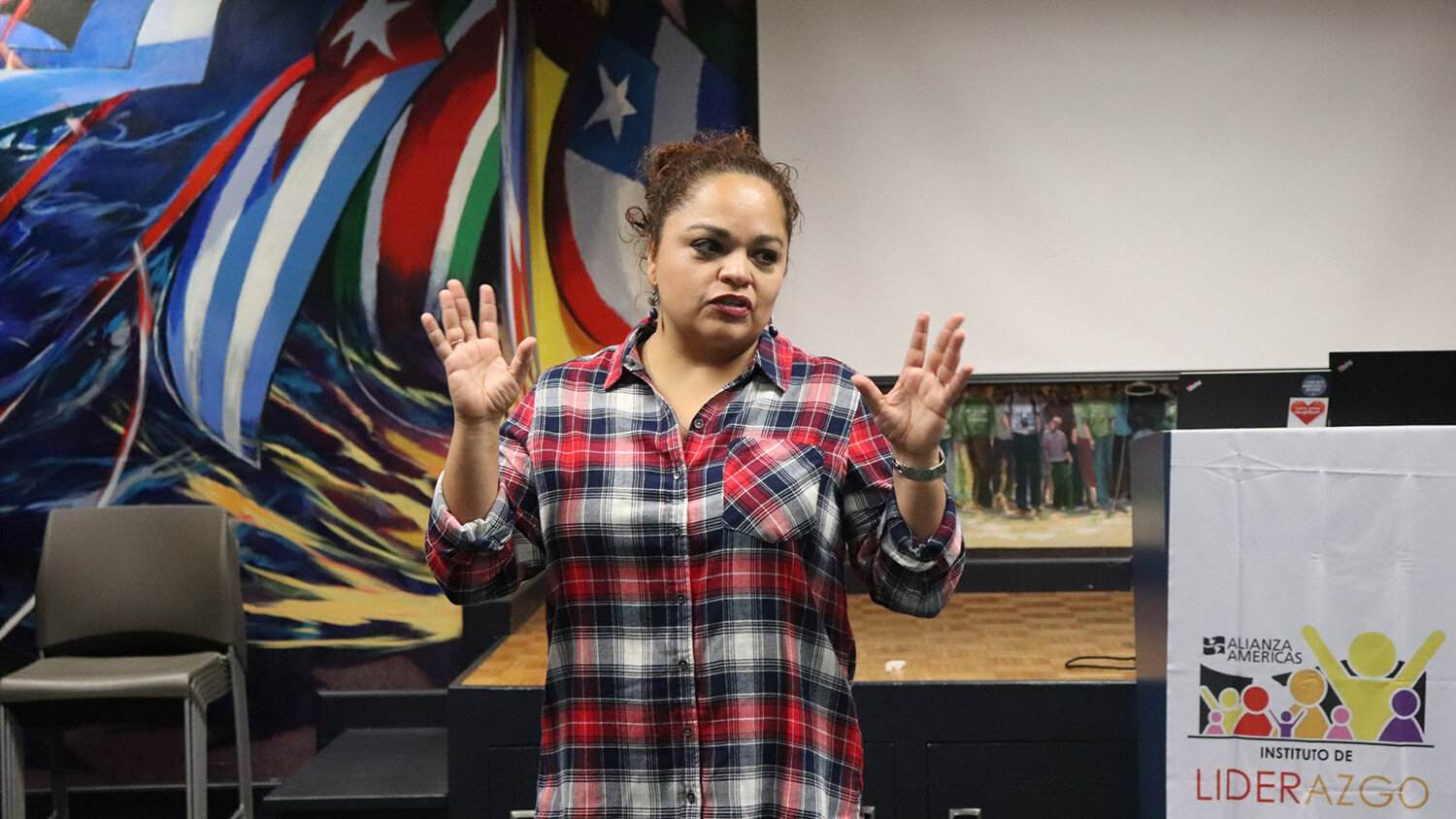ASAP Lives Up to Its Name
ASAP helped Dr. Helen Muradyan get back to her job in an emergency room after two months without her work authorization.
Asylum Seeker Advocacy Project (ASAP) provides urgent resources for a growing body of asylum seekers
Eight months into the COVID-19 pandemic, Dr. Helen Muradyan, a second-year resident physician at a California hospital and an Armenian immigrant, was forced to stop working due to a backlog in work permit renewals. Despite the critical need for qualified healthcare workers at the height of the pandemic, her employer had no choice but to terminate her when the permit eventually expired.
Luckily, the Asylum Seeker Advocacy Project (ASAP) stood by her side. As one of the largest organizations in the U.S. dedicated to immigrant rights, ASAP was able to connect Dr. Muradyan with The Washington Post, which published her story in November 2021. Shortly after the stirring piece came out, the government introduced a fast-track program to speed up the processing of work permits for immigrants in the healthcare industry–a momentous win that the organization believes was a direct result of their advocacy. After continued pressure, the government eventually expanded its efforts and extended the validity of all immigrants’ work permits for 18 months while they worked through the backlog.
“ASAP helped me to navigate through this very confusing and complicated asylum system,” said Dr. Muradyan. “I hope all asylum seekers will find ASAP and get the support in the community when they need it.”
Helping individual asylum seekers and making media connections is just a small part of what ASAP does every day to deliver critical services to immigrants while also following their lead to build a more welcoming United States. The organization provides legal services and education, leadership development, and advocacy opportunities–using technology to serve asylum seekers wherever they are located. In 2021-2022, ASAP helped an estimated 4,000 asylum seekers in Illinois obtain work permits and Social Security numbers–key to building a good life in the United States.
As the demand for services from asylum seekers continued to increase in recent years, however, both in Illinois and nationwide–-the organization today has up to 570,000 asylum-seeking members across the country, and has served 16,000 asylum seekers in Illinois, including members and their asylum-seeking children–-ASAP faced a pivot point: how could they expand their staff and technological infrastructure to meet the exponentially growing needs?
Funding from Walder Foundation helped ASAP to hire 10 new staff members (including their first communications director) and took significant steps to ramp up their critical efforts to share resources online and lift up immigrant voices. Key accomplishments have included:
Placing articles in USA Today, NPR, Newsweek, The Atlantic, People Magazine, Bloomberg Law, The Guardian, and more.
Launching a live membership data page to show the organization’s growing membership body.
Improving virtual resources for members and continuously updating these resources as policies change.
“Two years ago, our online resource pages were getting about 100,000 views a month. Last year, those numbers surged,” said Swapna Reddy, ASAP’s co-founder and co-executive director, who is based in Chicago. “In the past twelve months alone, these resources have been accessed more than 5 million times. Thanks to our partnership with the Walder Foundation, we have communicated about our work more effectively and reached more asylum seekers in Illinois than ever before.”
ASAP’s theory of change focuses on connecting asylum seekers, supporting them through legal self-help resources, and fighting for change.
“You give us information that makes us trust in ourselves,” said an ASAP member from Central America who wished to remain anonymous. “I have gone to all my court hearings without fear because you give us encouragement and support to do this on our own.”
Get more stories like this delivered to your inbox.
Sign up with your email address to receive news and updates.











